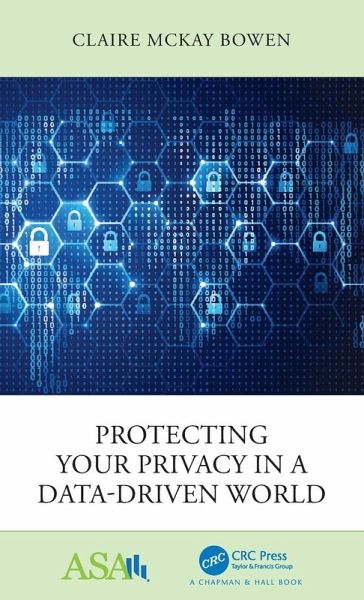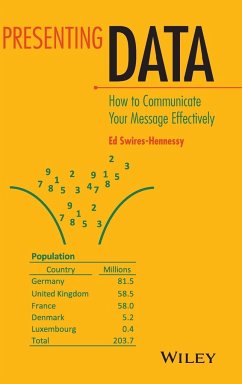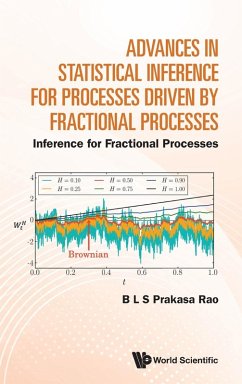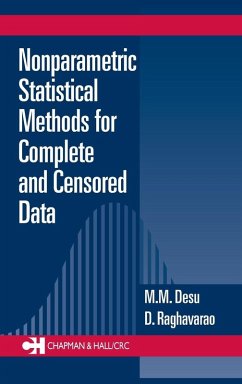
Protecting Your Privacy in a Data-Driven World
Versandkostenfrei!
Versandfertig in 1-2 Wochen
89,99 €
inkl. MwSt.
Weitere Ausgaben:

PAYBACK Punkte
45 °P sammeln!
Does sacrifice to personal information outweigh public good? Access to personal and confidential data allows for more evidence-based, data-informed decisions that can accelerate economic recovery, improve COVID-19 vaccine distribution. However, access comes at a steep privacy cost for contributors, especially underrepresented groups.













